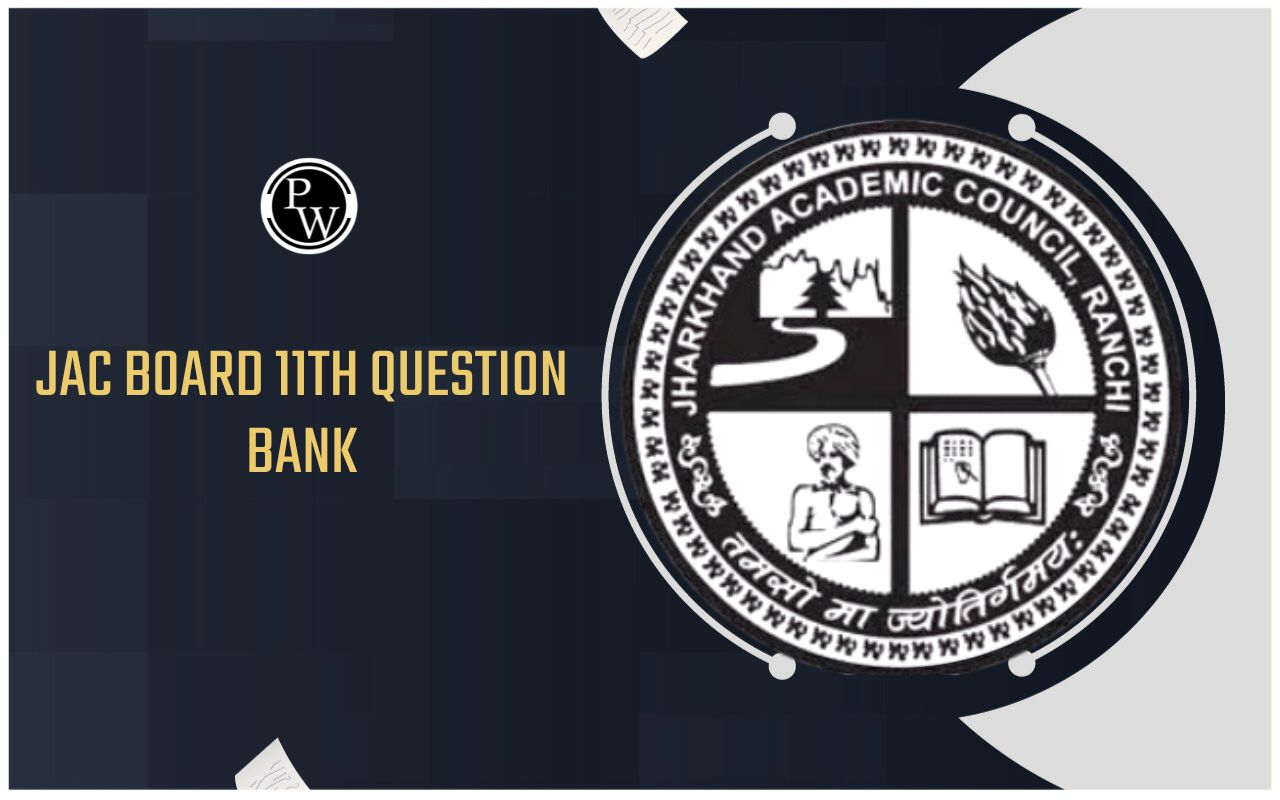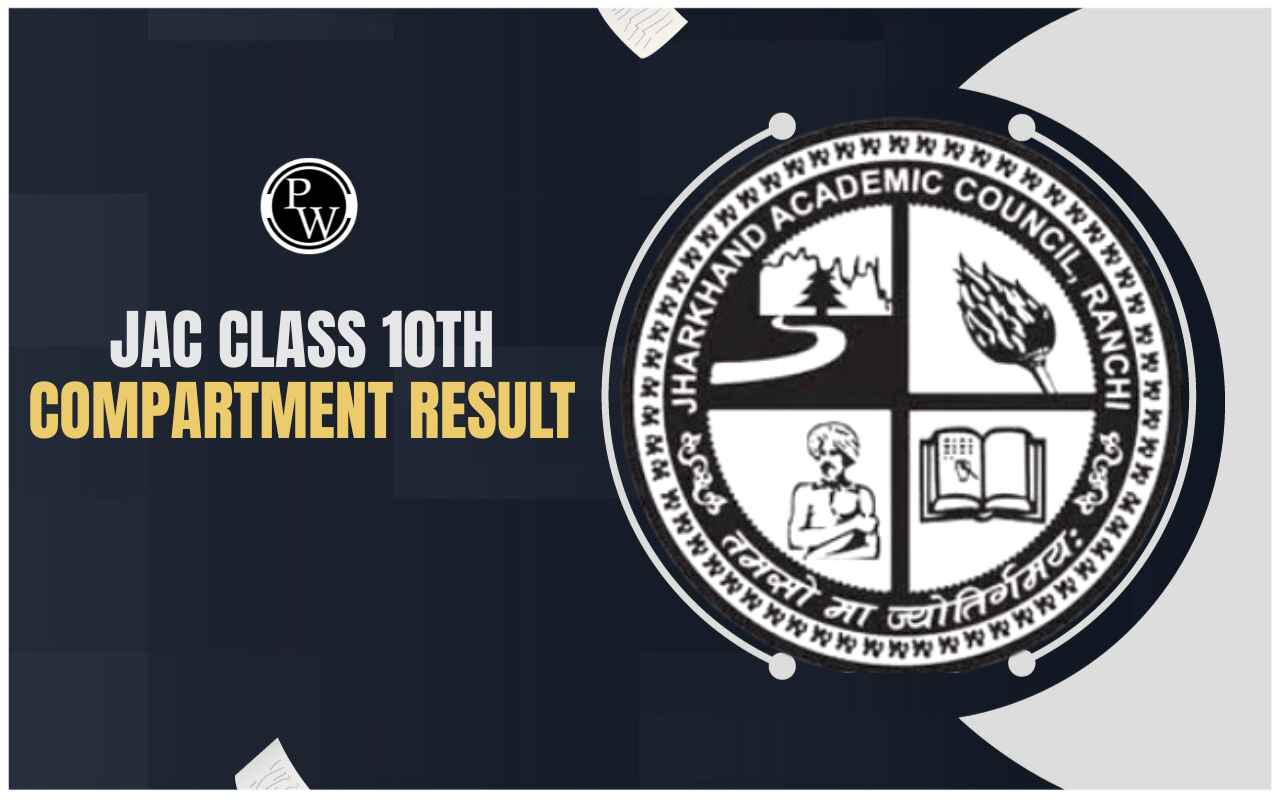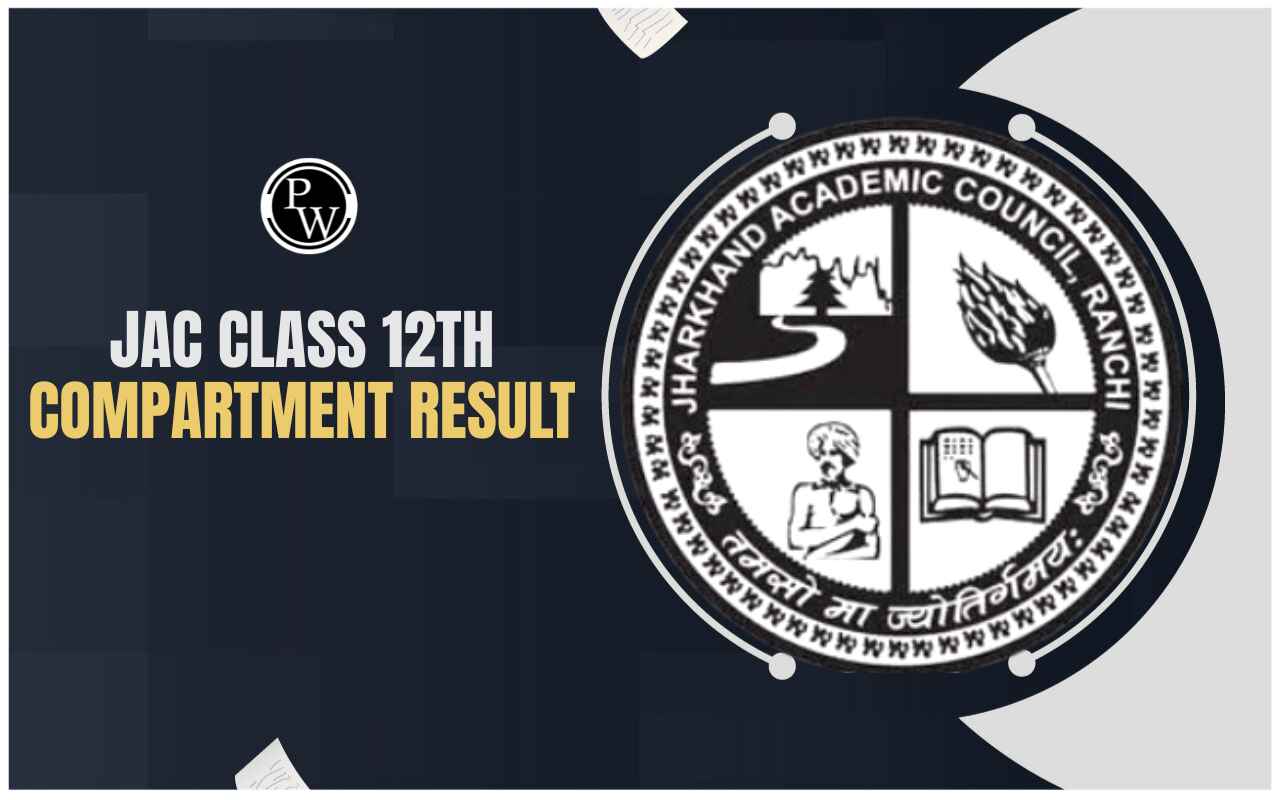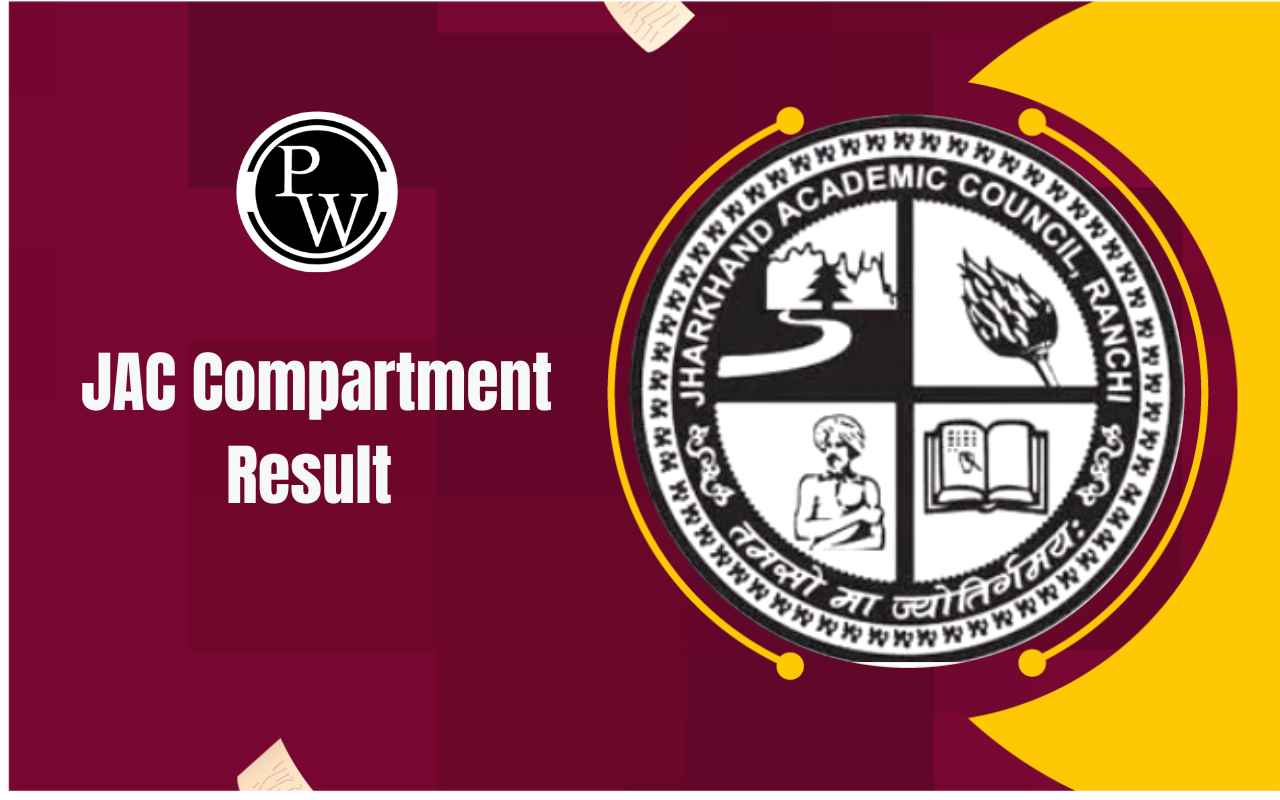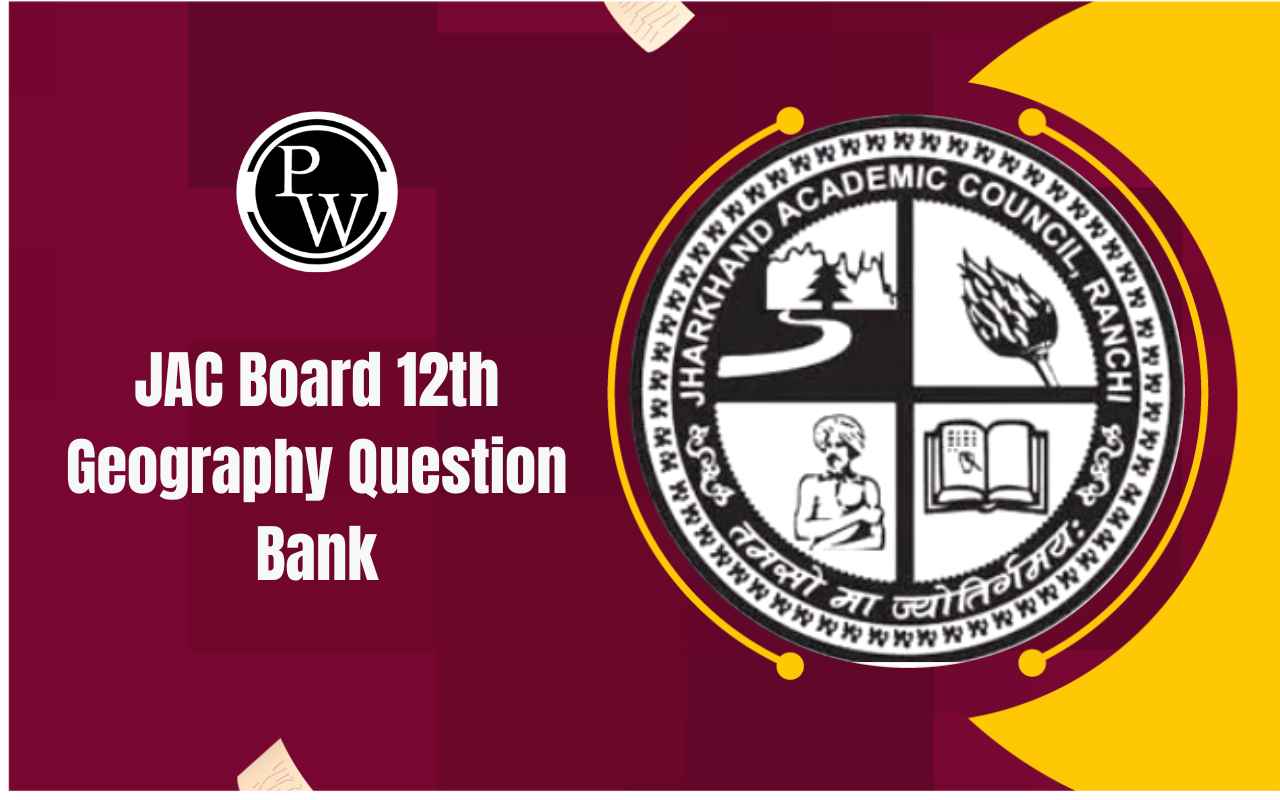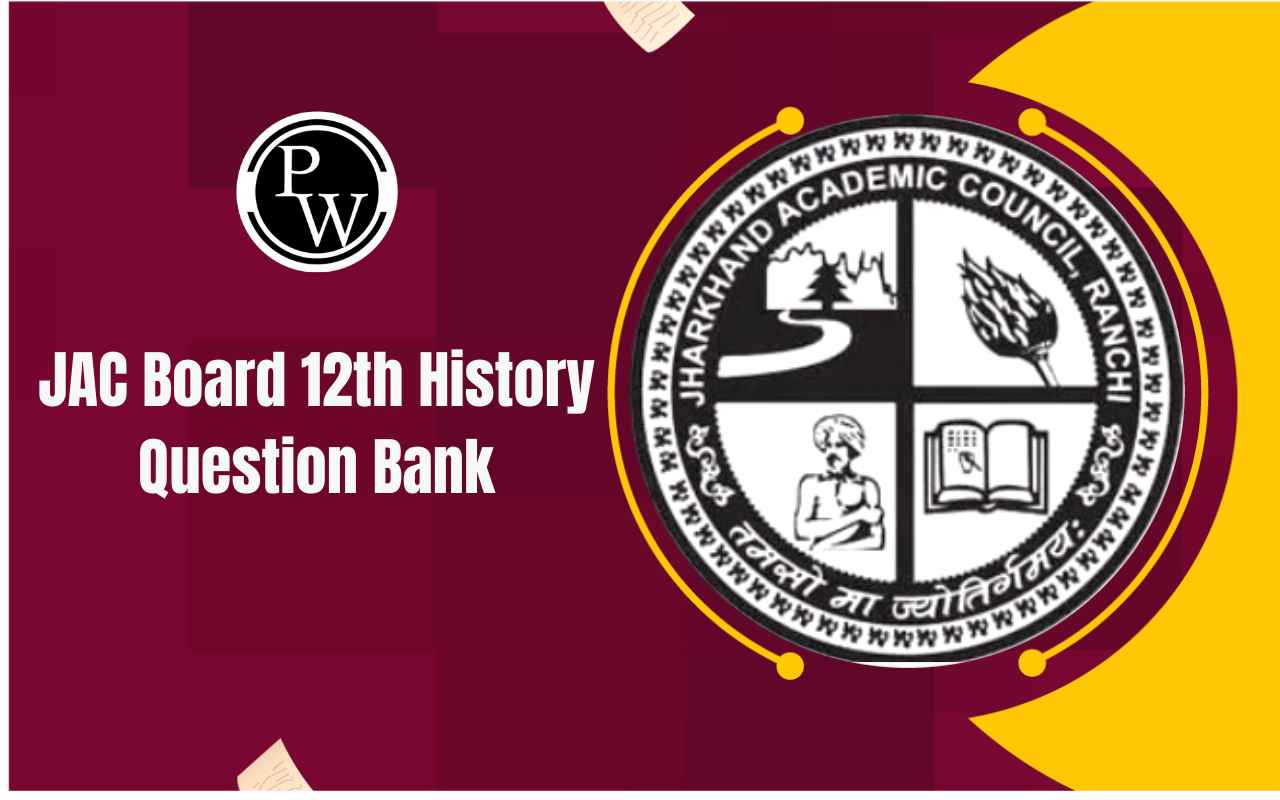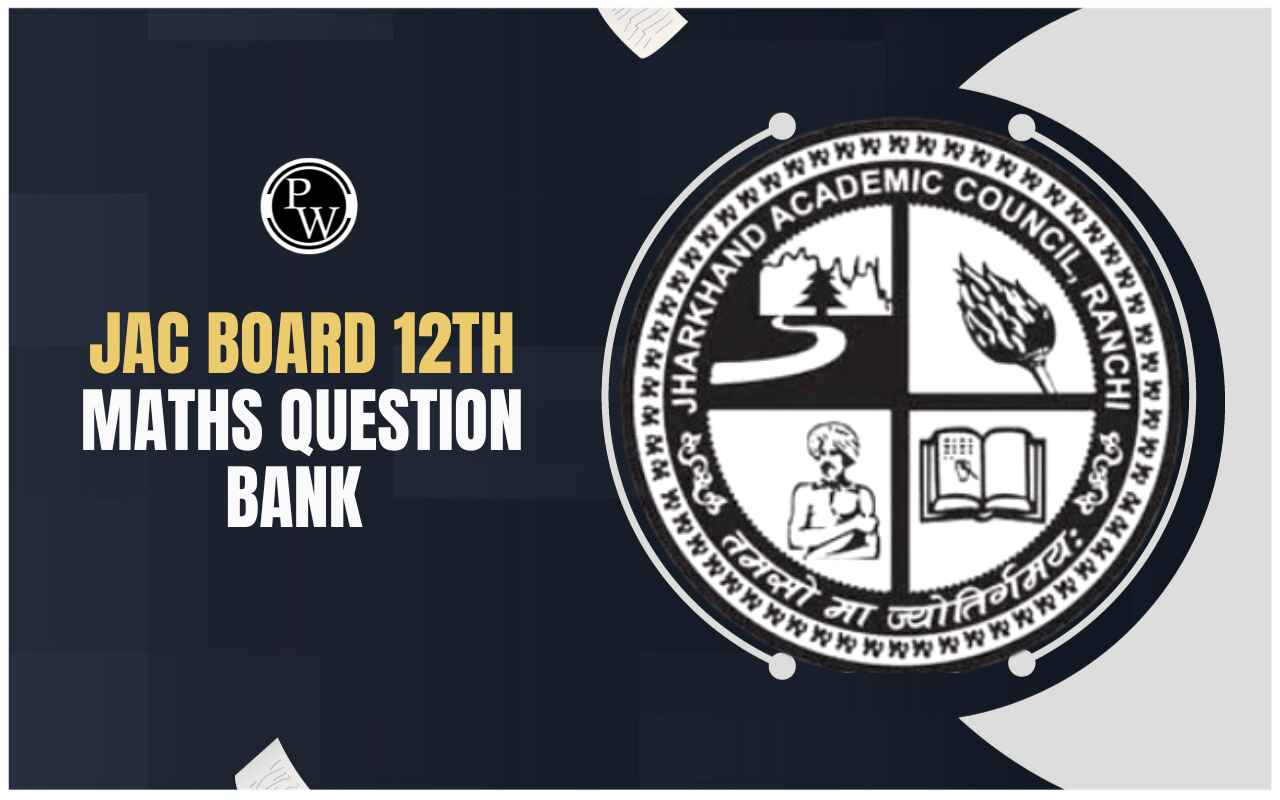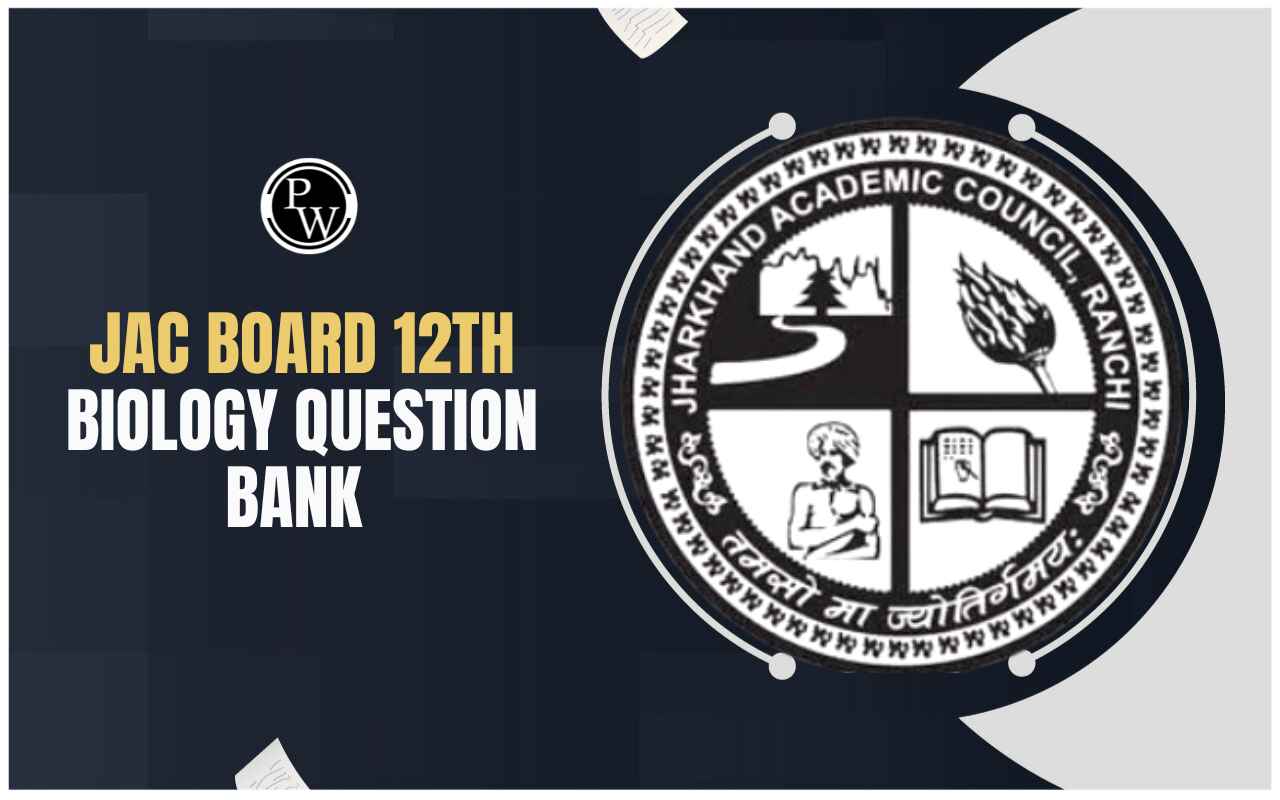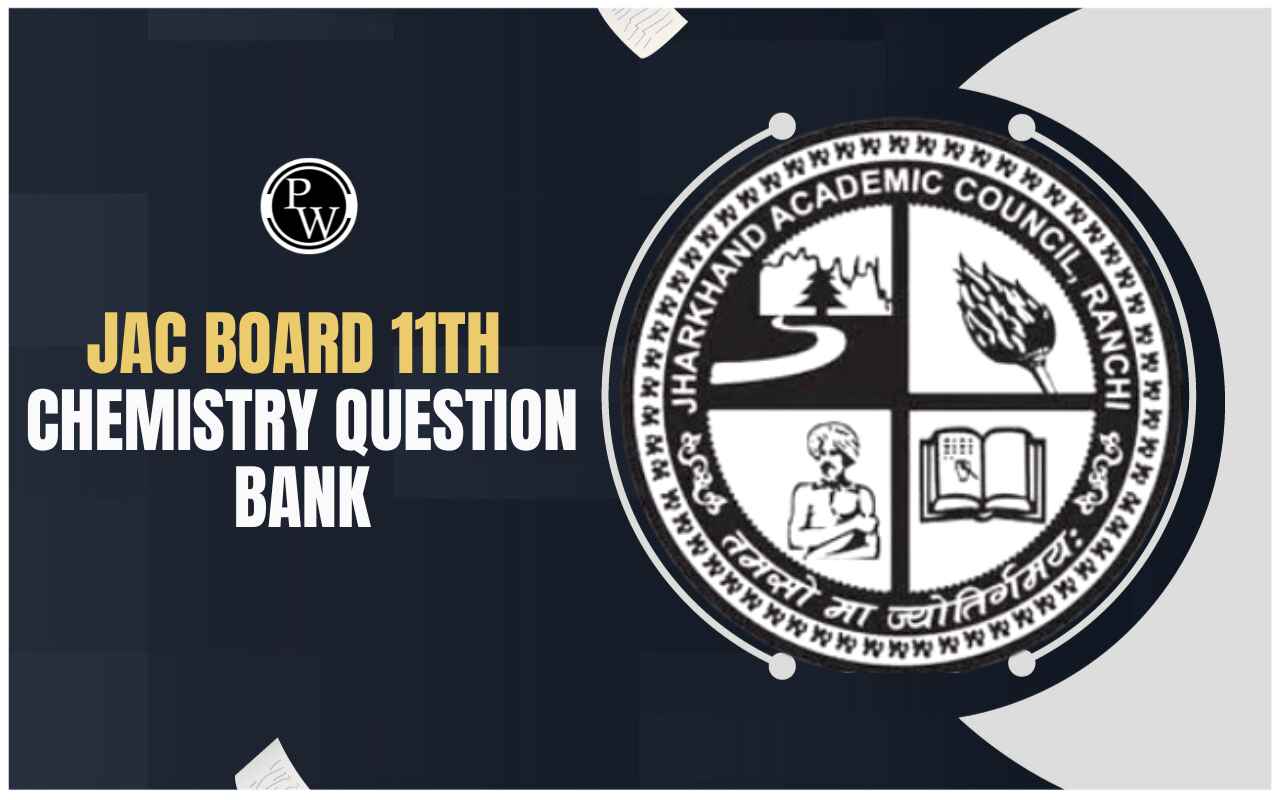
The JAC Board Class 12 History syllabus 2025-26 covers essential topics in ancient, medieval, and modern Indian history. Key units include Themes in Indian History – Part I, II, and III, focusing on Harappan civilization, Mauryan empire, Bhakti-Sufi movements, colonialism, and post-independence developments.
The syllabus is structured to enhance historical thinking, analytical skills, and understanding of India’s diverse heritage. This Jharkhand Board Class 12 History syllabus is ideal for students preparing for board exams and competitive tests. Understanding this updated JAC 12th History syllabus helps students score well and build a strong foundation in humanities for higher education.
JAC Board Class 12th History Syllabus
The JAC Class 12th Syllabus for History 2025 provides a detailed understanding of India’s past, covering ancient, medieval, and modern periods.
It helps students develop critical thinking and historical analysis. The syllabus is important for board exams and competitive tests. Check the complete JAC 12th History syllabus chapter list below for a clear overview of all topics.
|
JAC Board Class 12th History Syllabus |
|
|
Part |
Unit / Chapter Name |
|
Themes in Indian History – Part I |
1. Bricks, Beads and Bones (The Harappan Civilisation) |
|
2. Kings, Farmers and Towns (Early States and Economies) |
|
|
3. Kinship, Caste and Class (Early Societies) |
|
|
4. Thinkers, Beliefs and Buildings (Cultural Developments) |
|
|
Themes in Indian History – Part II |
5. Through the Eyes of Travellers (Perceptions of Society) |
|
6. Bhakti–Sufi Traditions (Changes in Religious Beliefs) |
|
|
7. An Imperial Capital: Vijayanagara |
|
|
8. Peasants, Zamindars and the State (Mughal Agrarian Society) |
|
|
9. Kings and Chronicles (The Mughal Courts) |
|
|
Themes in Indian History – Part III |
10. Colonialism and the Countryside (Peasants and Revolts) |
|
11. Rebels and the Raj (1857 Revolt and its Representations) |
|
|
12. Colonial Cities (Urbanisation under Colonial Rule) |
|
|
13. Mahatma Gandhi and the Nationalist Movement |
|
|
14. Understanding Partition (Politics, Memories, Experiences) |
|
|
15. Framing the Constitution (The Making of the Indian Constitution) |
|
JAC Board Class 12th Civics Syllabus
Detailed Overview of JAC Board Class 12th History Syllabus
Here’s a detailed overview of the JAC Board Class 12th History syllabus (2025):
-
The syllabus is divided into three parts: Themes in Indian History – Part I, II, and III.
-
Part I focuses on ancient India: Harappan Civilization, Mauryan Empire, kinship, caste, early societies, and cultural developments.
-
Part II covers medieval India: Bhakti-Sufi movements, Mughal Empire, Vijayanagara, agrarian relations, and Mughal court chronicles.
-
Part III highlights modern India: colonialism, 1857 revolt, urbanisation, Mahatma Gandhi, partition, and framing of the Constitution.
-
Emphasis is on source-based learning, maps, and case studies.
-
Aims to build skills in historical interpretation, analysis, and critical thinking.
-
Useful for board exams, competitive exams, and higher studies in humanities.
-
The syllabus aligns with NCERT guidelines followed by the Jharkhand Academic Council.
JAC Board Class 12 English Syllabus
Steps to download JAC Board Class 12th History Syllabus
Here are the simple steps to download the JAC Board Class 12th History syllabus:
-
Visit the official JAC website at jac.jharkhand.gov.in/jac.
-
Look for the Syllabus or Academics section on the homepage.
-
Click on Class 12 Syllabus 2025 link under the Arts stream.
-
Find and click on the History syllabus PDF.
-
Download the file to your device or take a printout for reference.
JAC Board Class 12th History Syllabus PDF Download
The JAC Board Class 12th History syllabus PDF is an essential resource for students preparing for the 2025 board exams. It covers all major themes from ancient, medieval, and modern Indian history, helping students build strong conceptual understanding and analytical skills.
The syllabus is designed as per the latest JAC guidelines and is useful for both board and competitive exams. Below we have provided the direct link to download the JAC 12th History syllabus PDF for your easy access and reference.
JAC Board Class 12th History Syllabus
Study without using the internet
JAC Board Class 12th History Exam Pattern and Marking Scheme
The JAC Board Class 12th History exam pattern and marking scheme help students understand the structure of the paper and plan their preparation effectively. It includes both theory and project work with a balanced focus on objective and subjective questions.
Below we have provided the detailed exam pattern and marking scheme. Please visit the official JAC website for the most accurate and updated information.
|
JAC Board Class 12th History Exam Pattern and Marking Scheme |
|||
|
Section |
Type of Questions |
Marks |
Details |
|
Theory (80 marks) |
MCQs (Objective) |
40 |
40 questions × 1 mark each (OMR based) |
|
Very Short / Short Answer |
25 |
Mix of 2-mark and 3-mark questions |
|
|
Long Answer |
15 |
3 questions × 5 marks each |
|
|
Practical / Project |
Project work + Viva |
20 |
Project file, data analysis, presentation, viva |
JAC Board Class 12th History Assessment and Projects
The JAC Board Class 12th History assessment is designed to evaluate both theoretical understanding and practical research skills. Alongside the 80‑mark theory paper, students must complete a 20‑mark project, which includes selecting a topic, gathering and analyzing historical data, preparing a structured report, and presenting findings orally during a viva.
This project encourages skills such as critical thinking, research methodology, and effective communication. Together, the theory exam and project work provide a comprehensive assessment framework that prepares students for board success and future academic challenges.
Preparation Tips for JAC Board Class 12th History Exam
Here are JAC Board Class 12th Preparation Tips for History exam:
-
Focus on key themes like the Harappan Civilization, Mauryan Empire, Mughal administration, Bhakti-Sufi movements, colonial rule, and freedom struggle.
-
Create timelines and flowcharts to remember important dates, rulers, and events.
-
Practice map work regularly by marking significant historical sites and regions.
-
Prepare for source-based questions by understanding inscriptions, extracts, and case studies from the textbook.
-
Revise NCERT thoroughly as most questions are based on it.
-
Solve previous years’ papers and sample papers to improve accuracy and time management.
-
Complete your project work carefully, ensuring clarity, research quality, and presentation.
JAC Board Class 12th History Syllabus FAQs
What is the total mark distribution in JAC Class 12 History?
The exam carries 100 marks: 80 for theory and 20 for project work.
How many parts are there in the syllabus?
The syllabus is divided into three parts: Themes in Indian History Part I, II, and III.
How to download JAC Board syllabus?
You can download the JAC Board Class 12th syllabus from here or even from the official website of JAC Board (jac.jharkhand.gov.in/jac).
Is NCERT followed for JAC Class 12 History?
Yes, JAC largely follows the NCERT Class 12 History textbooks.
Are map questions part of the syllabus?
Yes, map-based questions are included in the theory paper.

